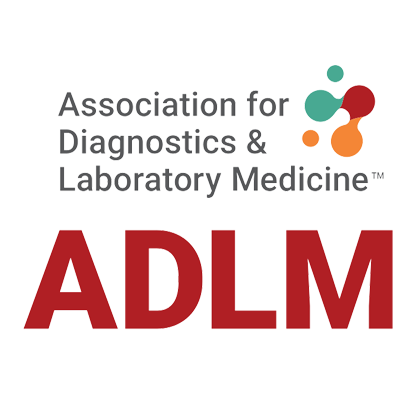Irregular antibodies are antibodies found in the blood of transfusion donors that have the potential to cause hemolysis of the recipient blood. Screening using an indirect Coombs Test should be performed to ensure that the donor blood is compatible with the recipient. “Irregular Antibodies” refers to all antibodies, other than those detecting ABO blood group antigens, that can cause incompatibility in blood transfusions and between mother & child.
The ABO Blood Group System
Most people are aware of the ABO blood group system. There are 4 major blood types in humans – A, B, O and AB. Some of the blood groups are incompatible with others; if a blood group is transfused into a patient with an incompatible blood group, hemolysis results. The incompatibility can result in death.
Example of ABO Incompatibility
Terence (recipient) is Blood Group A. He has A antigens on his red blood cells and anti-B antibodies in his plasma.
Theresa (donor) is Blood Group B. She has B antigens on her red blood cells and anti-A antibodies in her plasma.
If Theresa’s Group B blood is given to Terence, Terence’s anti-B antibodies will attack Theresa’s blood and cause it to hemolyse.
Since blood group incompatibility is life-threatening it is essential to confirm donor and recipient compatibility before a transfusion occurs. The ABO and Rhesus blood group systems are the most well-known but there are other less well known factors that can cause hemolysis in transfusion patients and new-borns – these are the Irregular Antibodies
Anti-Kell – an example of an Irregular Antibody
Anti-Kell antibodies may develop in individuals which lack the Kell antigen upon:
- Receipt of a blood transfusion containing Kell antigen
- At childbirth following transplacental hemorrhage
In these cases the individual’s immune system will recognise the Kell antigen as a foreign molecule and elicit an immune-response, becoming sensitized to it.
Testing for donor compatibility – the Indirect Coombs Test
The indirect Coombs Test, also known as Indirect Antiglobulin Test, detects irregular antibodies. Again, taking anti-Kell as an example (See Figure 1):
- Recipient serum may contain irregular antibodies (e.g. anti-Kell)
- Donor blood sample is added to recipient serum
- Recipient irregular antibodies, if present, bind to donor red blood cells where the corresponding antigen is present
- Anti-human Immunoglobulins (Coombs reagent) is added. The antibodies within Coombs reagent bind the Fc region of any irregular antibodies and, where those irregular antibodies have bound the donor red blood cells, form bridges between immune complexes on red blood cells, resulting in agglutination

There are many other irregular antibodies, such as those listed below, available from Logical Biological.
| Irregular Antibody | Product Identifier |
| anti-c | H191 |
| anti-Cw | H193 |
| anti-D | H189 |
| anti-E | H190 |
| anti-Fya | H195 |
| anti-Jka | H194 |
| anti-Kell | H192 |
| anti-Kpb | H205 |
| anti-Lea | H200 |
| anti-Leb (Lewis) | H201 |
| anti-Lua | H203 |
| anti-Lub | H204 |
| anti-M | H196 |
| anti-N | H197 |
| anti-P1 | H202 |
| anti-Public | H207 |
| anti-S | H198 |
| anti-s | H199 |
| auto-Pap | H206 |
Want to hear more from Logical Biological?
Sign up to our newsletter to for the latest updates.
Subscribe Now
